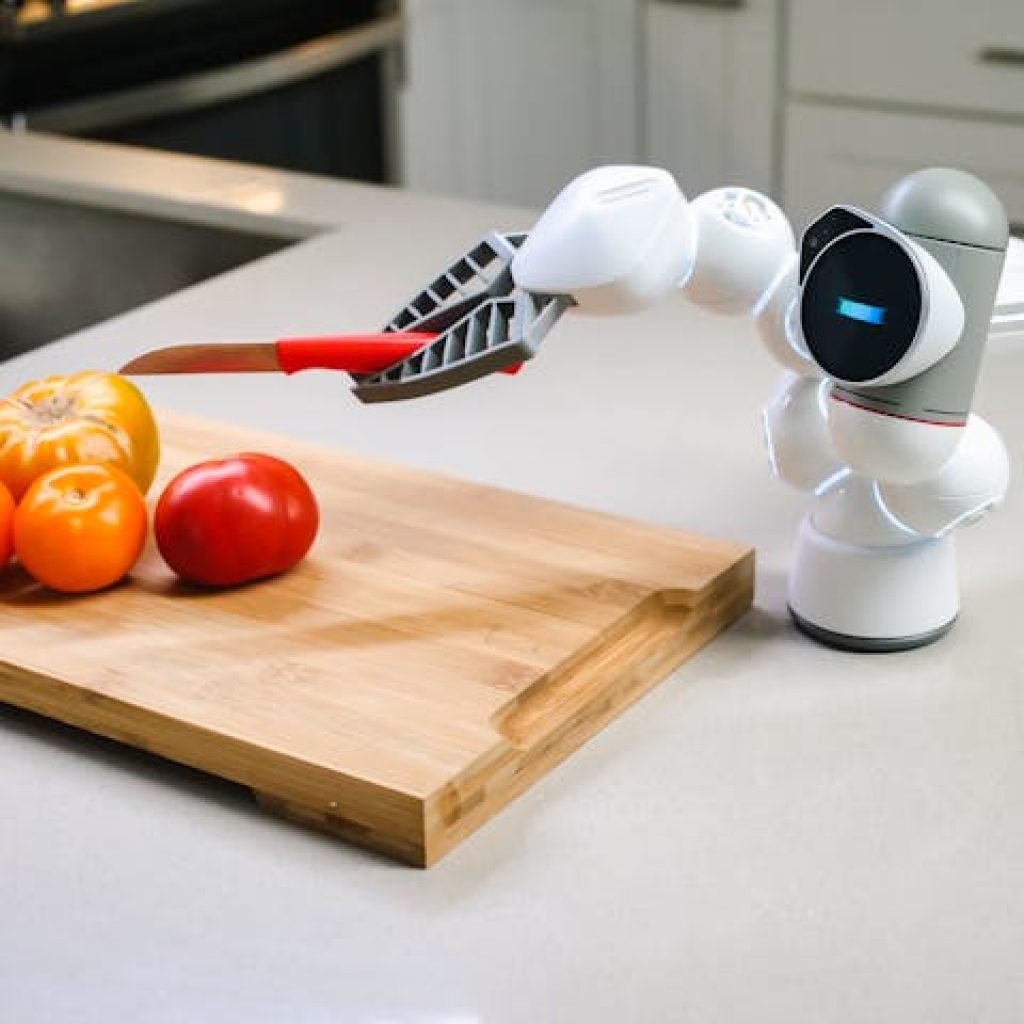Quantum Computing to Revolutionize AI: The Future Unveiled
AI has been one of the most groundbreaking technologies of the 21st century, transforming industries from healthcare to finance, education, and entertainment. However, as AI systems grow more complex, traditional computing power is struggling to keep up. Enter quantum computing—a revolutionary technology that promises to supercharge AI and unlock possibilities we’ve only imagined. With its unparalleled processing power and unique capabilities, quantum computing is poised to revolutionize AI in ways that could transform the world.
In this article, we’ll explore how quantum computing is set to redefine AI, the challenges ahead, and the exciting opportunities this partnership could bring. Let’s dive in!
—
What is Quantum Computing, and How Does It Work?

Before we explore the synergy between quantum computing and AI, let’s break down what quantum computing is and why it’s so powerful.
Classical computers use bits to store and process information—binary digits that are either 0 or 1. Quantum computers, on the other hand, use quantum bits or qubits. Unlike bits, qubits can exist in multiple states simultaneously, thanks to a phenomenon called superposition. This means a single qubit can represent both 0 and 1 at the same time.
Another key property of quantum computing is entanglement, where qubits are linked, so the state of one qubit instantly influences the state of another, no matter the distance between them. These properties allow quantum computers to process vast amounts of information exponentially faster than classical computers for certain types of tasks.
Quantum computing is still in its early stages, but its potential to solve complex problems in fields like cryptography, optimization, and AI is immense.
—
The Synergy Between Quantum Computing and AI
AI relies heavily on machine learning algorithms that process large datasets to find patterns and make predictions. However, training these models often requires significant computational resources and time. This is where quantum computing comes into play.
1. Faster Processing for Machine Learning
Quantum computing can accelerate machine learning processes such as optimization, clustering, and neural network training. For example, quantum algorithms like Quantum Support Vector Machines (QSVMs) and Quantum k-Means can solve complex problems much faster than their classical counterparts.
Imagine training an AI model in minutes instead of hours or days—this could significantly speed up AI development and deployment across industries.
2. Enhanced Pattern Recognition
AI’s ability to recognize patterns is crucial for applications like facial recognition, natural language processing, and predictive analytics. Quantum computing enhances this ability by enabling machines to process multidimensional data more efficiently. For instance, quantum algorithms can identify patterns in data that are too subtle or complex for classical computers to detect.
3. Generative AI and Creativity
Generative AI, which creates content like images, videos, and text, could benefit greatly from quantum computing. Quantum computers can handle the massive computational demands of generating high-quality, realistic outputs. This could lead to breakthroughs in creative industries, enabling AI to produce original art, music, or even entire scripts.
—
Industry-Specific Applications of Quantum AI
The potential applications of quantum AI are vast, but let’s focus on a few industries where this technology could have a transformative impact.
1. Healthcare and Drug Discovery
Drug discovery is a time-consuming and costly process that often takes over a decade. Quantum AI could revolutionize this by simulating molecular interactions and predicting drug candidates more accurately. Companies like IBM and Pfizer are already exploring quantum computing to speed up drug discovery and personalized medicine.
2. Finance and Risk Management
In finance, quantum AI could optimize portfolios, predict market trends, and detect fraud with greater accuracy. Quantum algorithms can process vast amounts of financial data to identify potential risks and opportunities that classical systems might miss.
3. Logistics and Optimization
Quantum AI can solve complex optimization problems in logistics, such as routing delivery trucks or managing supply chains. This could lead to significant cost savings and reduced environmental impact. For example, quantum algorithms could optimize traffic flow in smart cities or streamline global shipping routes.
4. Cybersecurity
As AI becomes more prevalent, so do the risks of cyberattacks. Quantum computing can enhance AI-driven cybersecurity systems by identifying vulnerabilities and detecting threats faster than ever before. On the flip side, quantum computing could also help break classical encryption methods, making quantum-resistant encryption essential for future security.
—
Challenges and Limitations
While the potential of quantum AI is immense, there are several challenges to overcome before it becomes mainstream.
1. Error Rates in Quantum Computing
Quantum computers are prone to errors due to the fragile nature of qubits. These errors can quickly accumulate and derail computations, especially in complex AI tasks. Researchers are working on improving error correction techniques, but this remains one of the biggest hurdles.
2. Scalability
Currently, most quantum computers are small-scale and not yet capable of handling the demanding tasks required for advanced AI applications. Scaling up qubit numbers while maintaining control and reducing errors is a major challenge.
3. Integration with Classical Systems
Quantum AI will likely work hand-in-hand with classical computing systems in the near term. Developing hybrid models that leverage the strengths of both technologies is essential but requires significant research and development.
—
The Future of AI with Quantum Computing
While we’re still in the early days of quantum AI, the progress so far is promising. Companies like Google, IBM, and startups like Rigetti and D-Wave are actively developing quantum hardware and software. Governments around the world are also investing heavily in quantum research, recognizing its potential to drive innovation and economic growth.
As quantum computing advances, we can expect AI systems to become more intelligent, efficient, and capable of solving problems that were previously unsolvable. The combination of quantum computing and AI could lead to breakthroughs in areas like climate modeling, renewable energy optimization, and even space exploration.
—
Conclusion
Quantum computing has the potential to revolutionize AI, enabling faster, smarter, and more creative systems that transform industries and improve our lives. While challenges remain, the progress being made in both fields is accelerating, and the future is exciting.
As we look ahead, one thing is clear: the marriage of quantum computing and AI could unlock possibilities that we’re only beginning to imagine. Stay tuned as this fascinating story unfolds!
Now, if you’re curious about other groundbreaking tech trends, explore more articles on TechyPot.com and stay updated on the latest innovations shaping our future.



